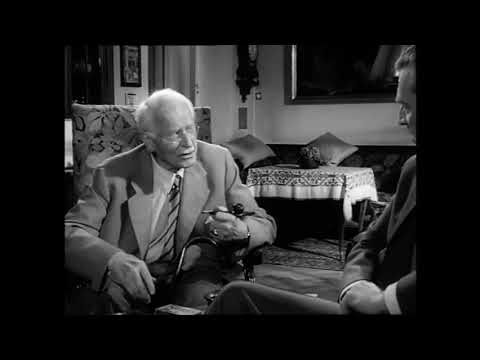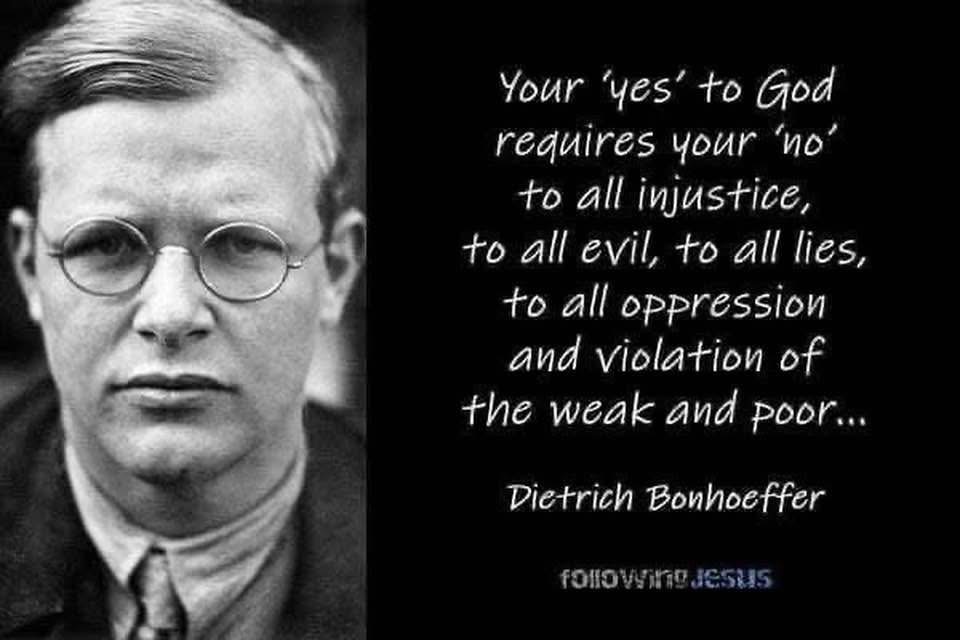Faith, to me, embodies trust or confidence in someone or something, transcending the conventional association with strong religious doctrines rooted in spiritual conviction. It manifests as a fundamental reliance that underpins various facets of our daily existence. Whether it’s the simple act of walking alongside a bustling street, or the decision to take a taxi, bus, or plane to reach a destination, faith is the invisible thread that connects us to others and the systems we depend upon. This reliance extends beyond personal interactions to encompass broader structures such as supply chains, governmental institutions, and other societal frameworks. Without this pervasive sense of faith, navigating life would be exceedingly challenging, potentially leading to a state of pervasive distrust or paranoia.
The indispensability of faith in our lives explains why humans are inherently driven to find beliefs that provide a foundation for existence. This quest for belief is intricately tied to the human need for meaning and purpose, which appears to be an intrinsic aspect of our nature, either through innate understanding or cultural indoctrination. From a young age, children are nurtured with comforting narratives that foster their trust in society and its institutions. These stories, whether they are fairy tales, moral lessons, or societal norms, are designed to build a sense of security and belonging. As individuals mature, they begin to critically assess these beliefs, often discovering discrepancies between the idealized narratives they were taught and the complex realities they encounter. This realization stems from the inherent limitations in human knowledge—despite our incessant questioning and curiosity, many of life’s profound questions remain unanswered.
The origins and diversity of life forms, including those documented in the fossil record, have long been subjects of speculation and debate. The complexity and variety observed in nature often suggest an underlying intention and intelligence guiding their development. This perspective has historically fuelled arguments for intelligent design. However, the scientific community continues to uncover contradictions and unexplained phenomena that challenge simplistic explanations. These unresolved issues have led various cultures and societies to integrate these mysteries into their religious and mythological frameworks, resulting in the development of polytheistic belief systems. Polytheism, with its pantheons of gods, offers a way to personify and explain the myriad aspects of the natural world and human experience that remain beyond our current understanding.
Moreover, faith serves as a crucial psychological anchor, providing stability and resilience in the face of uncertainty and adversity. In times of crisis, whether personal or collective, faith can offer comfort, hope, and a sense of control. It fosters community and solidarity, as shared beliefs create bonds among individuals, reinforcing social cohesion and mutual support. Additionally, faith can inspire individuals to strive for personal growth, ethical behaviour, and altruistic actions, contributing positively to society as a whole.
In the modern world, where information is abundant and the pace of change is rapid, the role of faith becomes even more significant. The complexity of technological advancements, globalization, and the interconnectedness of economies and cultures necessitate a foundational trust in systems and institutions that may not always be transparent or fully understood. Faith in the efficacy of medical science, the integrity of legal systems, or the fairness of economic policies allows societies to function smoothly despite inherent uncertainties and imperfections.
Ultimately, faith is a multifaceted and indispensable element of the human experience. It transcends religious boundaries, embedding itself in the very fabric of how we interact with the world and each other. By providing a sense of security, meaning, and purpose, faith enables individuals and societies to navigate the complexities of life with confidence and resilience. As our understanding of the world continues to evolve, so too will the expressions and foundations of faith, reflecting the dynamic interplay between knowledge, belief, and the enduring quest for meaning.

